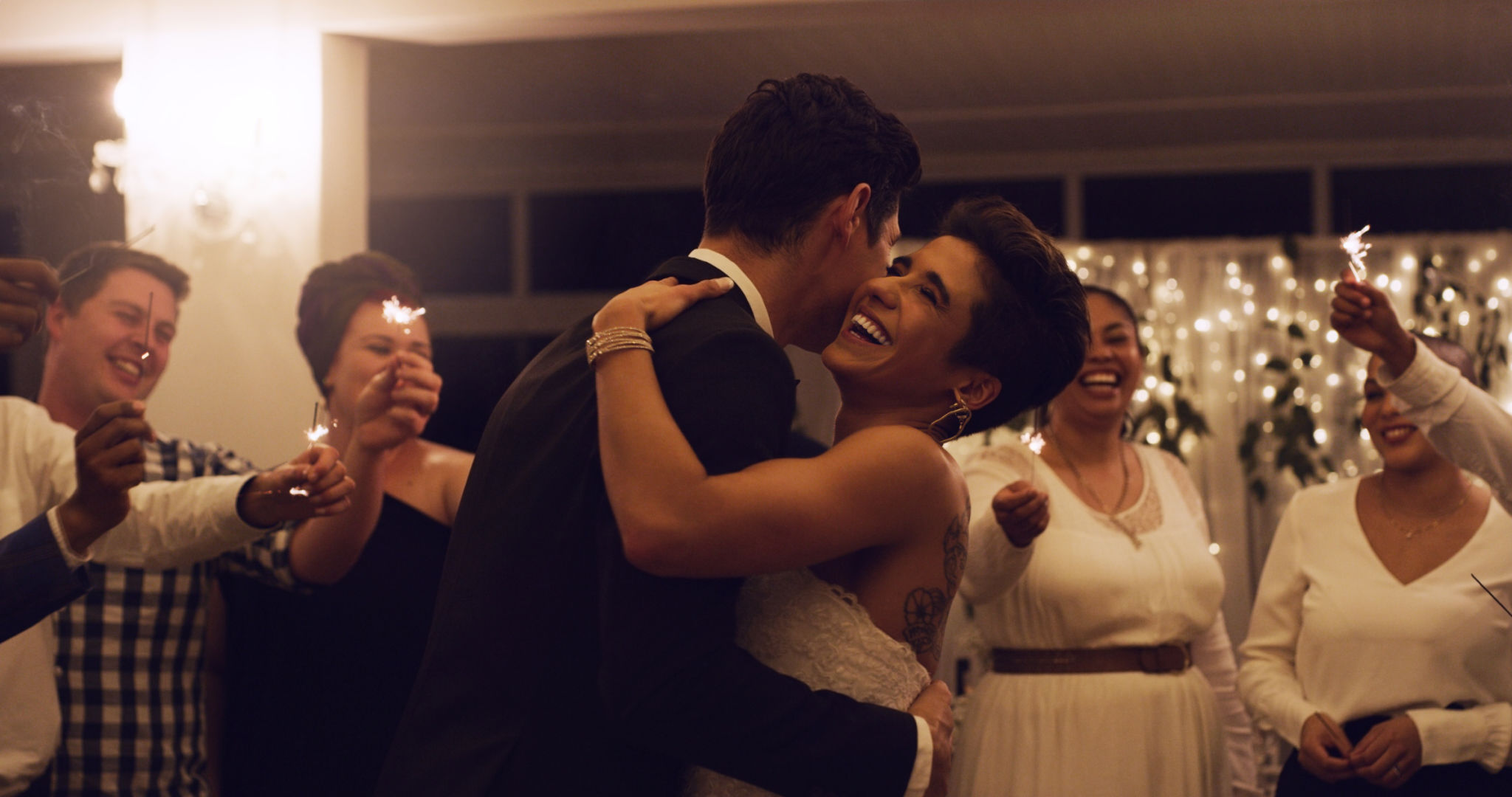DIY Pyrotechnics: What You Need to Know Before You Begin
Understanding the Basics of DIY Pyrotechnics
Creating your own pyrotechnics can be an exciting and rewarding hobby. However, before diving into this fascinating world, it’s crucial to understand the basics. Pyrotechnics involve creating controlled chemical reactions to produce heat, light, gas, smoke, and sound. The key is in the word "controlled." Without the right knowledge and precautions, pyrotechnics can be dangerous.
Before you begin, familiarize yourself with the fundamental principles of chemistry and physics that underpin pyrotechnic reactions. A solid understanding of these subjects will ensure that you can safely manipulate these elements to achieve the desired effects.

Safety First: Essential Precautions
Safety is paramount when it comes to DIY pyrotechnics. You'll need to gather some essential safety gear before you start experimenting. This includes:
- Protective clothing: Flame-resistant gloves, goggles, and lab coats are must-haves.
- Fire extinguishers: Always have one nearby, along with a bucket of sand or water.
- Ventilation: Ensure your workspace is well-ventilated to prevent inhalation of harmful fumes.
Moreover, always have a clear plan for each experiment, and never work alone. Having a friend or colleague present can provide an extra set of eyes to catch potential hazards.
Materials and Tools You'll Need
To create your own pyrotechnics, you'll need specific materials and tools. Some common components include:
- Oxidizers: These are chemicals that supply oxygen to fuel the combustion process.
- Fuels: Substances like charcoal and sulfur that react with oxidizers to produce heat and light.
- Binders: Materials such as dextrin that hold the mixture together.
Additionally, you'll need tools like mortars, pestles, and measuring equipment to accurately handle these chemicals. Precision is critical in pyrotechnics, so invest in quality tools to ensure your safety and the success of your projects.

Legal Considerations and Regulations
Before getting started, it's essential to familiarize yourself with the legal aspects of creating and using pyrotechnics in your area. Laws and regulations can vary significantly, so check with local authorities to understand what is permissible. In many places, creating large-scale fireworks without a license is illegal.
Obtaining the necessary permits and understanding the legal framework will not only keep you compliant but also ensure that your hobby remains a safe and enjoyable activity.
Starting Small: Beginner Projects
As you begin your journey into DIY pyrotechnics, start with small, simple projects. Sparklers, smoke bombs, and colored flames are excellent beginner projects that allow you to practice your skills without significant risk. These projects help build your confidence and understanding of pyrotechnic principles.

As you gain experience, gradually progress to more complex projects. Remember, the key to success in pyrotechnics is patience, precision, and continual learning.
Learning from the Community
One of the best resources for aspiring pyrotechnicians is the community of enthusiasts and experts who share your passion. Online forums, local clubs, and workshops are excellent places to seek advice, share experiences, and learn from others' mistakes and successes.
Engaging with the community not only enhances your knowledge but also provides opportunities to collaborate on projects and access resources you might not have on your own.
Conclusion: The Joy of Creation
DIY pyrotechnics can be an incredibly fulfilling hobby that combines creativity, science, and the thrill of creation. By taking the necessary precautions, adhering to legal guidelines, and continuously learning, you can safely explore this fascinating field. The joy of crafting your own pyrotechnic displays is unmatched, offering a unique blend of art and science that captivates both the creator and the audience.

